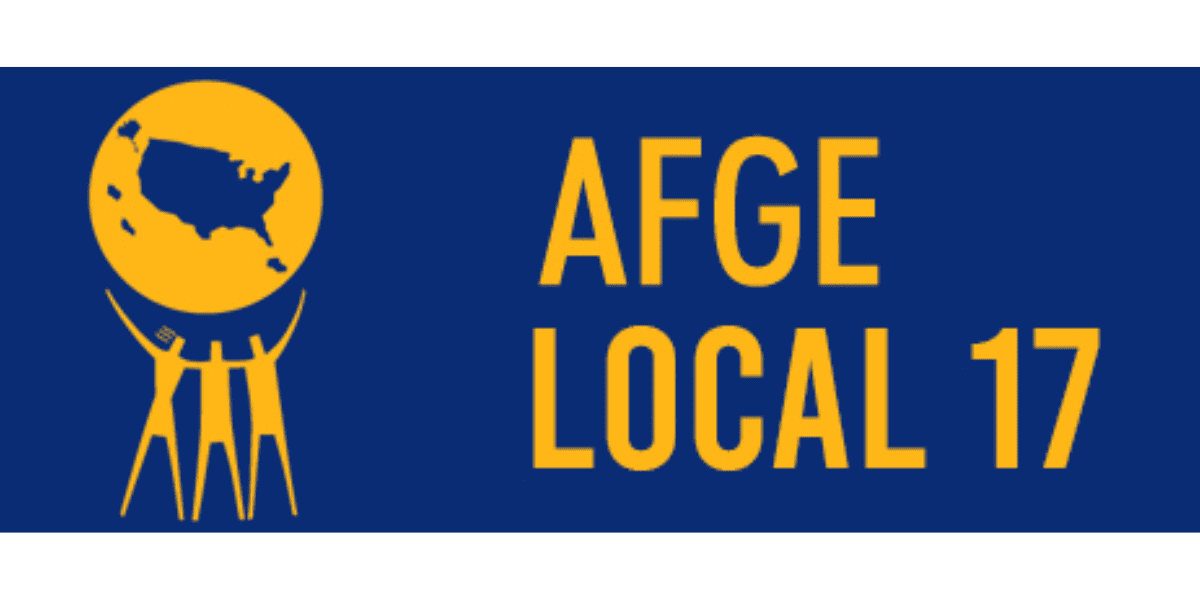ALBANY, N.Y. (WTEN) — Facebook, TikTok and Instagram – these are just some popular social media platforms that require a username and password to log in. But imagine being forced to fork over that information in order to get a job or stay in your current position. A new law will prohibit employers from requesting that information.
“For the most part, it was stories that I read about situations where people’s privacy was being invaded really inappropriately,” sponsor of the bill, Assembly member Jeffrey Dinowitz has pushed for this legislation for 12 years. It was finally signed by the Governor on Tuesday.
“You know, if you want to Google somebody, or go on their public Facebook page…knock yourself out, but to get private information is wrong, it’s not fair, and it also gives the employer an unfair advantage, because people will be very reluctant to say ‘no’ if they want to keep their job or get a job, so this really balances the scales I think,” said Dinowitz.
Jared Cook, an attorney with Tully Rinckey, told Capitol Correspondent, Amal Tlaige, he thinks the practice of asking for personal passwords may be more common among smaller employers. “So, if they’re asked by their employer to use their personal account to do some sort of marketing, or to promote the employer’s business through their personal social media accounts, that’s where you’d probably see employers asking for this information more than other types of jobs.”
Cook also said this could be a measure employers take for disciplinary reasons. “If they want to say, ‘Oh, well we want to see what you’re saying about us on your personal account and we want to monitor our employees and make sure they’re not bad-talking us on the Internet.’ It’s understandable that an employer would not want that to be going on, but with this new law you cannot require your employee, you cannot ask them even,” explained Cook.
Experts say, this will most likely result in employers creating a clear distinction between personal and business accounts for social media. Those who are not covered under the new law include law enforcement, employees in the fire department or corrections employees.




